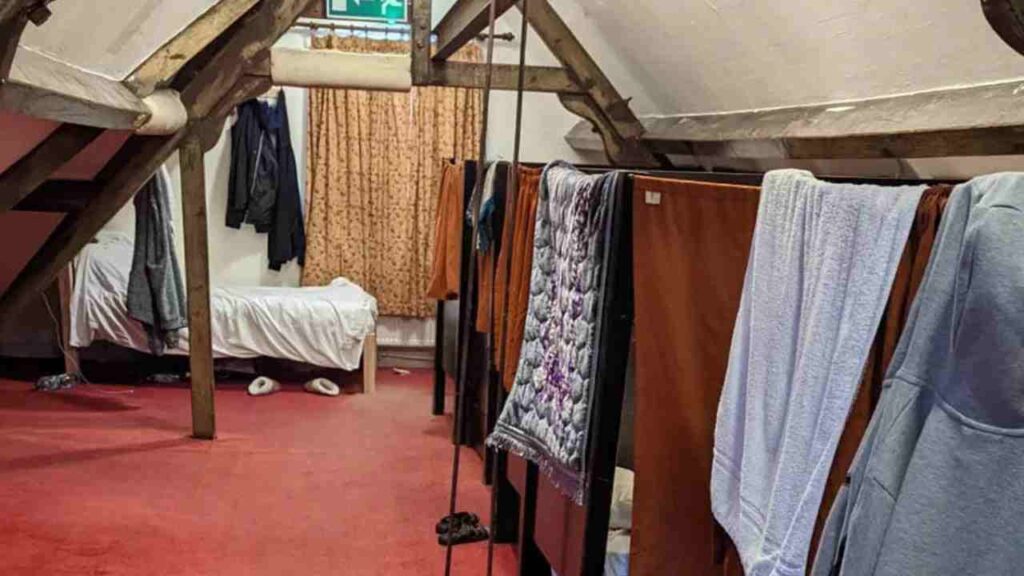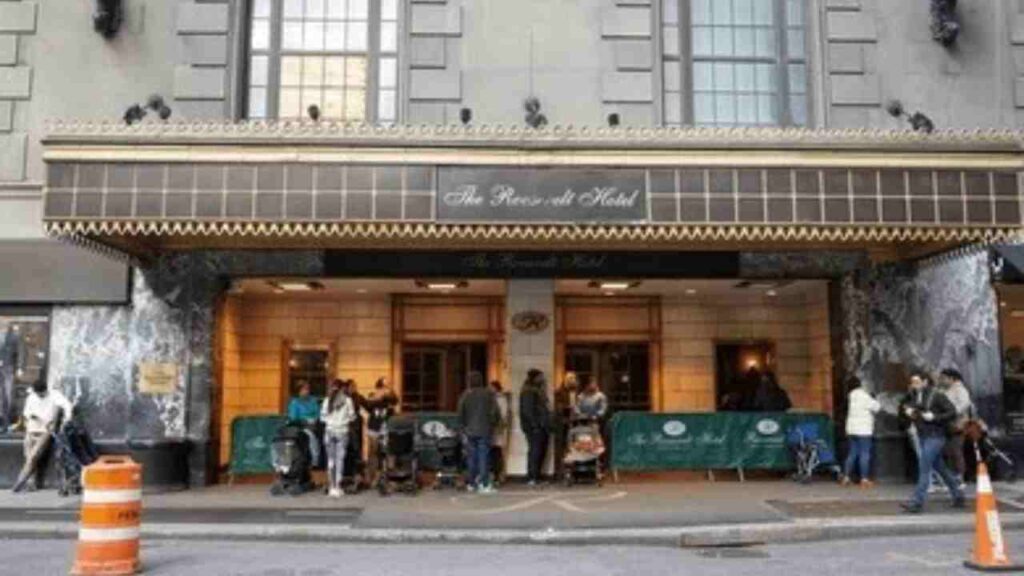Labour’s approach to asylum housing has been thrown into disarray after a landmark High Court ruling ordered the closure of The Bell Hotel in Epping, Essex — a site controversially used to house asylum seekers. The decision, delivered by Mr Justice Eyre, gives the hotel just 24 days to shut its doors, marking the first successful legal challenge of its kind and potentially setting a precedent for similar actions across the UK.

Legal Grounds and Council’s Argument
Epping Forest District Council brought the case against The Bell Hotel’s owners, Somani Hotels, arguing that the property had been unlawfully converted into a migrant hostel without proper planning permission. The council claimed this change of use violated local planning regulations and bypassed public consultation.
Justice Eyre agreed, stating that while the hotel’s actions weren’t “flagrant or surreptitious,” they were deliberate and sidestepped necessary scrutiny. He granted a temporary injunction, with a hearing for a permanent closure scheduled for a later date.
Criminal Allegations and Public Unrest
The hotel became a flashpoint after two asylum seekers housed there were charged with criminal offences. Ethiopian national Hadush Kebatu, 41, was accused of sexually assaulting a 14-year-old girl and harassing other women in the town just days after arriving in the UK. He denies the charges and remains in custody.
Separately, Syrian national Mohammed Sharwarq, 32, faces seven charges, including inappropriate physical contact with a man in July. These incidents sparked outrage among local residents and led to a series of protests outside the hotel.
While some demonstrations turned violent — with clashes between anti-migrant activists and anti-racism groups — others remained peaceful. A group of local women known as the “Pink Ladies” led several marches calling for the hotel’s closure.
Political Fallout and National Implications
The ruling has intensified pressure on Labour, whose immigration policies have faced growing criticism. Prime Minister Keir Starmer previously scrapped the Conservative government’s Rwanda deportation plan, which aimed to send illegal migrants to East Africa. His pledge to “smash the gangs” behind illegal crossings has faltered, with over 51,000 small-boat arrivals since the last election.
Reform UK leader Nigel Farage praised the Epping community’s efforts, saying their victory should “inspire others across the country.” He condemned the housing of “young, undocumented males” in residential areas and called for their detention and deportation.
Conservative MP Kemi Badenoch echoed these sentiments, calling the ruling “a victory for the mums and dads in Epping who just want their children to be safe.” She criticised Labour’s lack of a coherent solution and warned that placing large groups of young male migrants in small towns was bound to cause tension.

Wider Impact and Future Legal Action
The ripple effects of the ruling are already being felt. Broxbourne Borough Council in Hertfordshire is considering similar legal action, and the 12 councils where Reform UK holds the largest share of seats are reportedly exploring their options.
Council leader Corina Gander said the decision had “given us a massive boost and precedent that we can do something now.” Epping Forest Council leader Chris Whitbread added that the ruling was not just a local victory but a message to councils nationwide: planning laws cannot be ignored.
Government Response
The Home Office had attempted to block the injunction, arguing that closing the hotel would violate the asylum seekers’ fundamental human rights. However, the court rejected this claim. Home Office Minister Dame Angela Eagle said the Government would review the ruling and reaffirmed its commitment to closing all asylum hotels by the end of the current parliamentary term.
Protest leader Sarah White, 40, welcomed the decision, saying: “This is bigger than Epping. It’s impacting the whole country. We will start protesting with towns up and down the country.”






